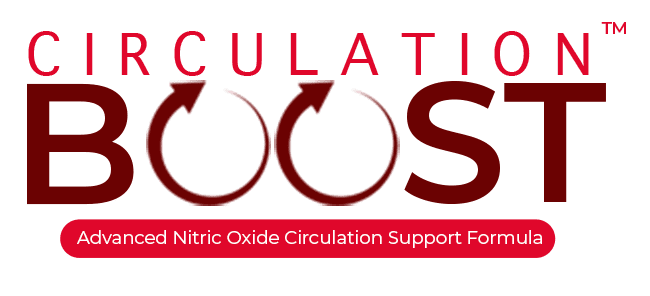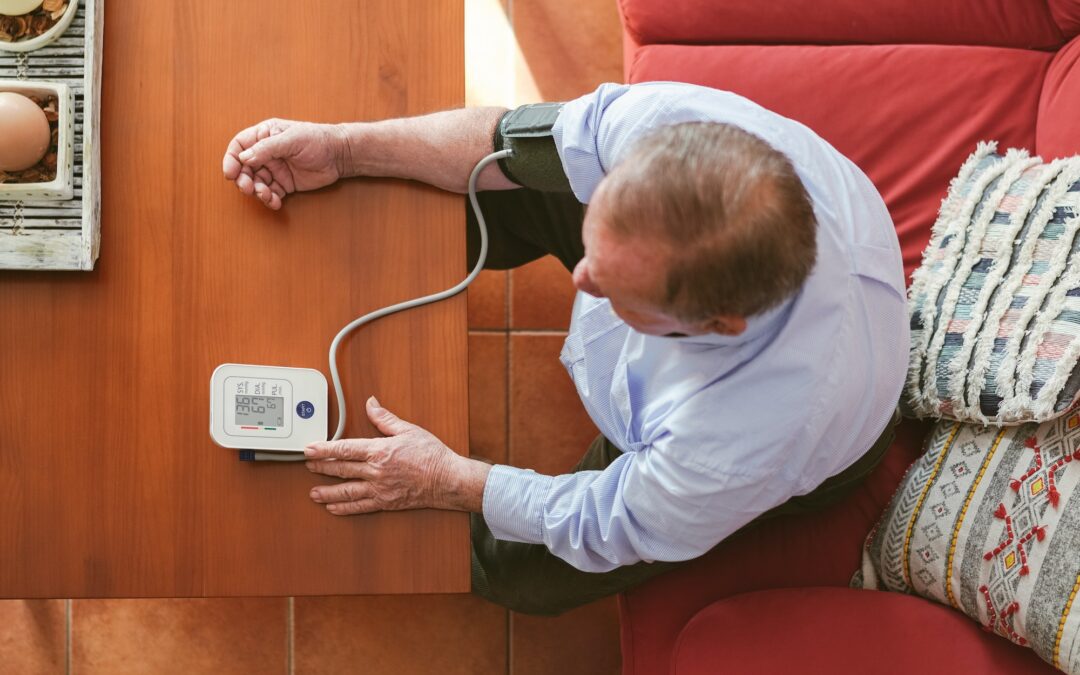Our circulatory system is connected – and so are our circulation and blood pressure. Find out how blood pressure relates to circulation by reading below.
The circulatory system transports blood, oxygen, and nutrients throughout your body, helping to maintain your heart and overall health. However, you may experience issues with your circulation, which stops your cells from getting the oxygen they need. Keep reading to learn about the connection between high blood pressure and poor circulation.
Poor Circulation Explained
Poor circulation typically affects individuals older than age 40, those who have diabetes, and those who don’t engage in regular physical activity. Symptoms usually present in your legs, hands, fingers, feet, and toes. You may feel numbness, pain, cold, or a tingling sensation in the parts of your body with poor circulation.
There are various conditions that can reduce your blood flow, resulting in poor circulation. One of these conditions, high blood pressure (hypertension), can also lead to other consequences such as an increased risk of heart disease and stroke.
High Blood Pressure Explained
 The measurement of the pressure (or force) of blood pushing against blood vessel walls is known as your blood pressure. High blood pressure is when this pressure is consistently too high. According to the guidelines of the American College of Cardiology (ACC) and the American Heart Association (AHA), these are the current blood pressure categories:
The measurement of the pressure (or force) of blood pushing against blood vessel walls is known as your blood pressure. High blood pressure is when this pressure is consistently too high. According to the guidelines of the American College of Cardiology (ACC) and the American Heart Association (AHA), these are the current blood pressure categories:
- Normal: less than 120/80 mm Hg
- Elevated: systolic between 120-129 and diastolic less than 80 mm Hg
- Hypertension Stage 1: systolic between 130-139 or diastolic between 80-89 mm Hg
- Hypertension Stage 2: systolic at least 140 or diastolic at least 90 mm Hg
- Hypertensive Crisis: systolic over 180 and/or diastolic over 120
If left untreated, high blood pressure can be a factor in poor circulation. To illustrate, when blood pushes against your blood vessel walls with a lot of force, it can weaken and damage them. As a result, it can be harder for blood to move through your blood vessels, resulting in poor circulation.
In addition to poor blood flow, hypertension can lead to a variety of serious health problems. These problems include heart attack, stroke, peripheral vascular disease, kidney disease and failure, pregnancy complications, eye damage, and vascular dementia.
Treating Hypertension and Poor Circulation
 When it comes to treating these conditions, your doctor will likely recommend lifestyle changes, medications, or both. For example, you can prevent and maintain healthy blood pressure by avoiding sodium-rich foods and eating heart-healthy foods instead.
When it comes to treating these conditions, your doctor will likely recommend lifestyle changes, medications, or both. For example, you can prevent and maintain healthy blood pressure by avoiding sodium-rich foods and eating heart-healthy foods instead.
You should also be more physically active, quit smoking, manage your stress, limit your alcohol intake, and take supplements like Circulation Boost. Its ingredients promote circulation, blood pressure health, energy levels, and more. If you want to support your circulatory health, then start practicing healthy habits and take Circulation Boost.

